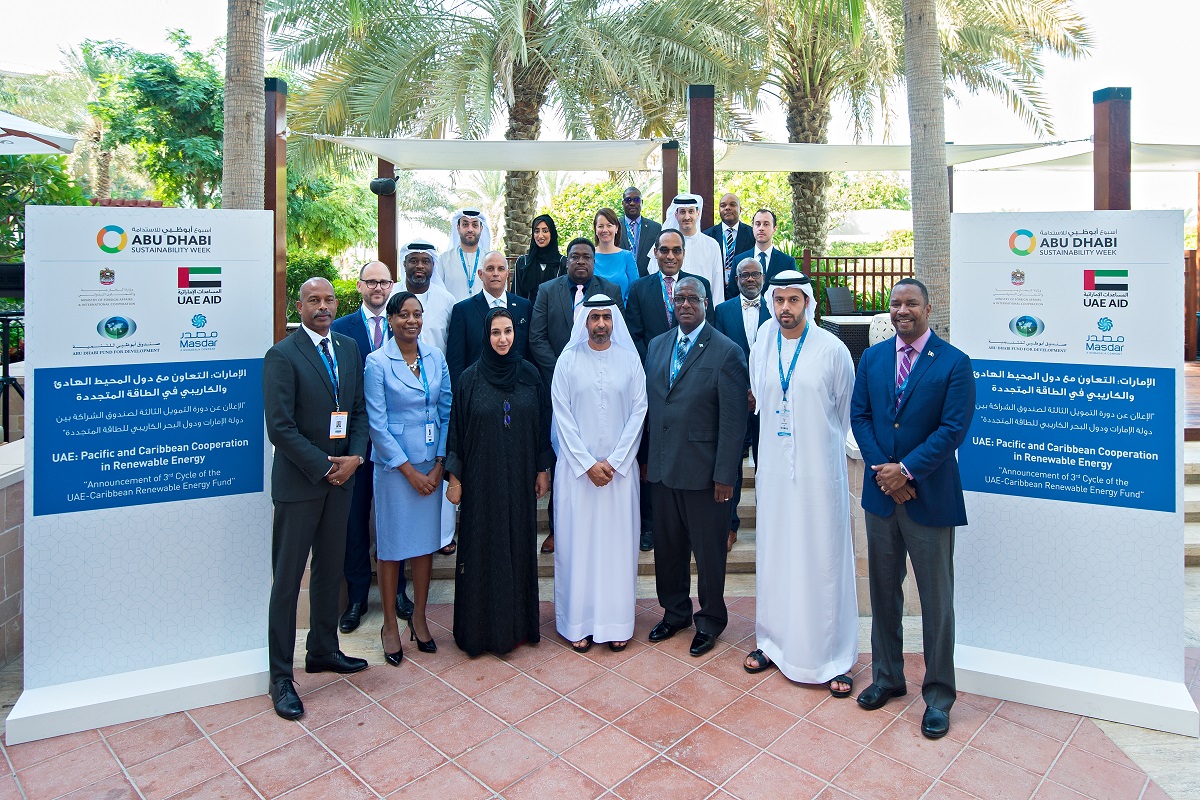

The UAE-Caribbean Renewable Energy Fund, launched in 2017, is “the largest renewable energy initiative of its kind in the Caribbean region,” according to the UAE Ministry of Foreign Affairs and International Cooperation (MOFAIC). Earlier this month, the agency announced that funding had been allocated for the fund’s third cycle of projects, to be built in Jamaica, Cuba, Suriname, and Trinidad and Tobago.
The first and second cycles of funding, announced in 2017 and 2018, covered 12 projects, three of which are slated to be inaugurated in the first quarter of this year, according to MOFAIC. These projects are as follows:
Altogether, these three projects will displace over 2.6 million tons of carbon dioxide annually and achieve diesel savings of more than 895,000 liters per year, worth about $1.1 million, MOFAIC said in a press release.
Meanwhile, construction of the following four other projects is scheduled to begin this year:
Additional renewable energy projects are in the works for the Dominican Republic, Grenada, Guyana, Haiti, and Saint Kitts and Nevis.
“The UAE-Caribbean Renewable Energy Fund will help to enhance energy security and resilience to climate change. It will also contribute to the creation of an environment conducive to attracting more investments and create new jobs in these small islands,” the UAE Assistant Minister of Foreign Affairs and International Cooperation for International Development Affairs, Sultan Al Shamsi, said recently.
This initiative, he added, supports the achievement of Sustainable Development Goal 7, (on affordable and clean energy) and Goal 13 (on climate action). The official made his remarks during the Ninth Session of the Assembly of the International Renewable Energy Agency (IRENA), which took place January 11-13 in Abu Dhabi, where the international organization is headquartered.
The UAE-Caribbean Renewable Energy Fund is administered by a steering committee made up of three national entities: MOFAIC; the Abu Dhabi Fund for Development (ADFD), the country’s leading international development aid agency; and the Abu Dhabi Future Energy Company (Masdar), the project manager and technical lead.
Under the fund’s project guidelines, eligible countries—the 16 that the United Nations classifies as Caribbean small island developing states—could apply for grants (one per country) to finance projects with major renewable energy generation components. The grants could support stand-alone projects or larger projects that included other financiers.
The projects planned for Dominica and Barbuda had been included in the first cycle of funding but underwent delays and design modifications after the devastating 2017 hurricane season. Last year, the UAE’s Minister of Climate Change and Environment, Dr. Thani bin Ahmed Al Zeyoudi, described Hurricanes Irma and Maria, both Category 5, as “a wake-up call for us.”
“As a result, we have implemented a resilience standard for all our Caribbean projects that reflects the reality of climate vulnerability in the region,” he said, adding that the government was preparing a global resilience standard as well. The UAE also supports clean energy projects in Pacific island countries.
 View Map
View Map